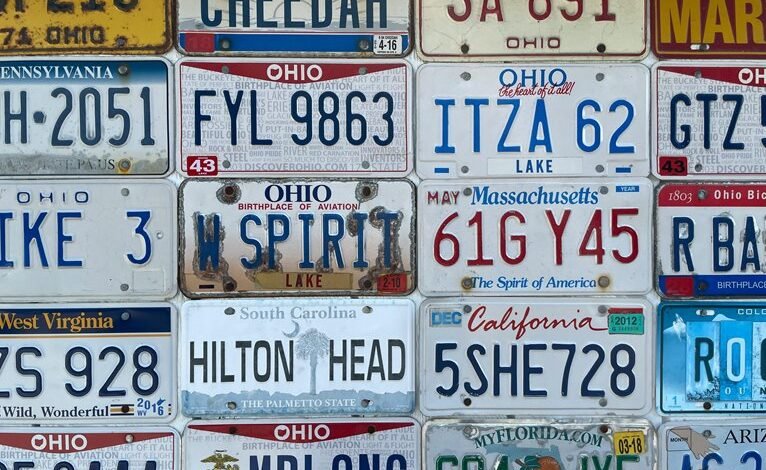Vehicle Number: Understanding Vehicle Identification Numbers

Vehicle Identification Numbers (VINs) serve as critical tools in the automotive industry. They uniquely identify each vehicle and provide essential information about its history. Understanding VINs can empower individuals in vehicle transactions, enhancing transparency and trust. However, the intricacies of decoding a VIN and recognizing potential issues can be challenging. As buyers and sellers navigate this complex landscape, knowing what to look for becomes paramount. What insights can a VIN reveal, and how can they influence your next vehicle decision?
The Importance of VINs in Vehicle Transactions
Vehicle Identification Numbers (VINs) serve as the unique fingerprints of automobiles, intricately linking each vehicle to its specific history and specifications.
The VIN's significance in vehicle transactions cannot be overstated; it ensures transaction transparency by providing vital information about ownership, accidents, and recalls.
This essential data empowers buyers and sellers alike, fostering informed decisions and enhancing trust in the automotive marketplace.
How to Decode a VIN
Decoding a Vehicle Identification Number (VIN) can reveal a wealth of information about a car's identity and history. Understanding the VIN structure, which consists of 17 characters, is essential.
Various decoding methods, such as online tools or VIN guides, facilitate this process. By interpreting each segment, individuals can uncover details regarding the manufacturer, model, year, and more, promoting informed choices in vehicle ownership.
Common Issues and What to Look For
While many car buyers focus on the aesthetics and performance of a vehicle, it is equally important to be aware of common issues associated with specific makes and models.
Potential buyers should scrutinize for VIN discrepancies and be vigilant against counterfeit VINS. These issues can indicate hidden problems, affecting not only the vehicle's value but also the buyer's safety and freedom on the road.
Conclusion
In conclusion, understanding Vehicle Identification Numbers (VINs) is crucial for anyone involved in vehicle transactions. While many believe that a VIN alone guarantees a vehicle's integrity, it is essential to recognize that hidden issues may still exist despite a seemingly clean record. Buyers should complement VIN checks with thorough inspections and history reports, ensuring a holistic approach to transparency. By doing so, they can navigate the complexities of the automotive marketplace with greater confidence and security.





